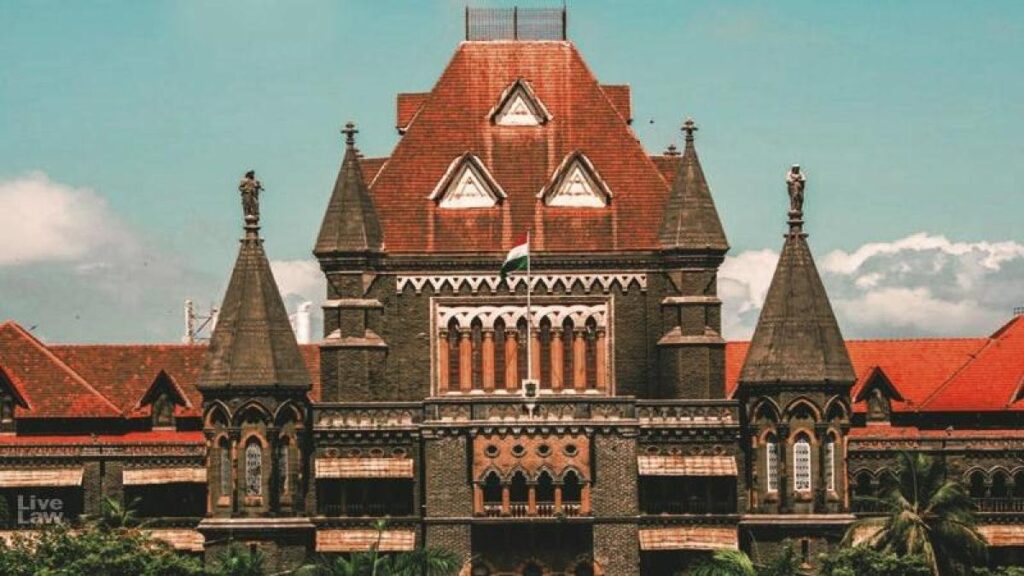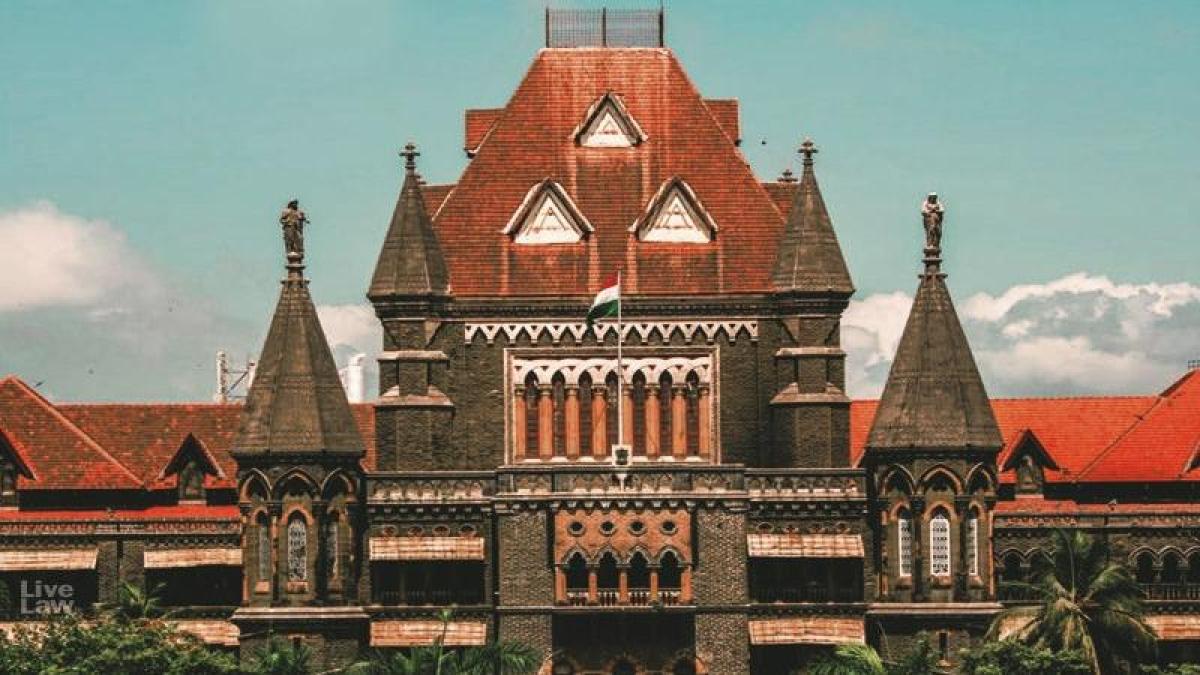-
 28 April 2023
28 April 2023 -
 Posted By Editor
Posted By Editor -
 Under English
Under English
Goa Civil Judge Exam Pattern & Syllabus | Goa Judiciary
Goa Judiciary Exam and Pattern are issued by the Mumbai High Court. All interested candidates can look at their official site and get updates on the posts.

There are three stages of the Goa Civil Judge Exam:
- Preliminary Exam – the screening test – MCQ Based – Language: English
- Mains Exam – Written / Subjective Based – Offline
- Interview – Viva Voce
The Preliminary Exam is conducted online where screening of the candidates is done and thereafter the selected candidates appear for the Mains Exam which in nature is written. Once the candidate qualifies for the written exam, becomes eligible for the Viva Voce.
Syllabus for Goa Civil Judge Exam:
A. Preliminary Exam
- The Constitution of India
- The Indian Contract Act, 1872
- The Specific Relief Act, 1963
- The Limitation Act, 1963
- Sale of Goods Act, 1930
- Indian Partnership Act, 1932
- The Code of Civil Procedure, 1908
- Transfer of Property Act, 1882
- The Easement Act, 1882
- Family Laws in Goa including Hindu Laws and Muslim Laws
- Land Laws
- The Goa, Daman & Diu Agricultural Tenancy Act, 1964
- The Goa, Daman & Diu Mundkars (Protection from Eviction) Act, 1975
- The Goa, Daman & Diu Buildings (Lease, Rent & Eviction) Control Act, 1968 and Rules, 1969
- The Code of Criminal Procedure, 1973
- The Indian Penal Code, 1860
- The Evidence Act, 1872
- The Scheduled Castes & Scheduled Tribes (Prevention of Atrocities) Act, 1989
- The Negotiable Instrument Act, 1881
B. Mains Exam
Paper – 1 (100 marks)
- The Indian Contract Act, 1872
- The Specific Relief Act, 1963
- The Limitation Act, 1963
- Sale of Goods Act, 1930
- Indian Partnership Act, 1932
- The Code of Civil Procedure, 1908
- Transfer of Property Act, 1882
- The Easement Act, 1882
- Family Laws in Goa including Hindu Laws and Muslim Laws
- Land Laws
- The Goa, Daman & Diu Agricultural Tenancy Act, 1964
- The Goa, Daman & Diu Mundkars (Protection from Eviction) Act, 1975
- The Goa, Daman & Diu Buildings (Lease, Rent & Eviction) Control Act, 1968 and Rules, 1969
Paper – 2 (100 marks)
- The Code of Criminal Procedure, 1973
- The Indian Penal Code, 1860
- The Evidence Act, 1872
- The Scheduled Castes & Scheduled Tribes (Prevention of Atrocities) Act, 1989
- The Negotiable Instrument Act, 1881
- Essay on Current Legal Topic (Approximately 800 words)
Exam Pattern & Marks Distribution:
A. Preliminary Exam:
No. of Question: 100
Total Marks: 100
Duration: 2 Hours
Medium: English
Type: Computer-based
B. Mains Exam:
No. of Paper: 2
Total Marks: 200
Duration: 2 Hours each
Medium: Hindi / English
Type: Subjective
C. Viva Voce:
The Viva Voce is the final stage where the candidate appears for an interview. The Viva Voce carries 50 marks.
Eligibility:
A candidate-
- Must be a citizen of India
- Holder of a Law degree recognized from a Law University established by Law in India
- Eligible to practice as an Advocate in India
Age Limit:
Categorywise maximum age limit for Goa is given below:
Not less than twenty-one years and not more than:
- 35 years in the case of Advocates with three years of practice
- 25 years in the case of fresh Law Graduates
- 45 years in the case of ministerial staff.
However, there are age relaxations for candidates belonging to the reserved categories. They are given below in the table:
| Category | Upper Age Limit |
| Advocate (Backward Class) | 40 years |
| Freshers (Backward Class) | 30 years |
| Ministerial Staff (Backward Class) | 50 years |
Concluding remark:
We hope that is helpful. Leave your comments below in case of any queries. All the best for your Goa Judiciary preparation!
- For other state’s Judicial Exam Syllabi: https://vidhikshiksha.com/blog/2023/04/civil-judge-exams-in-india-all-syllabus-exam-pattern/
- MJ Sir on Civil Judge Exam: https://www.youtube.com/watch?v=HV-cv6ru1GM


 Helpline No.:
Helpline No.: 



















